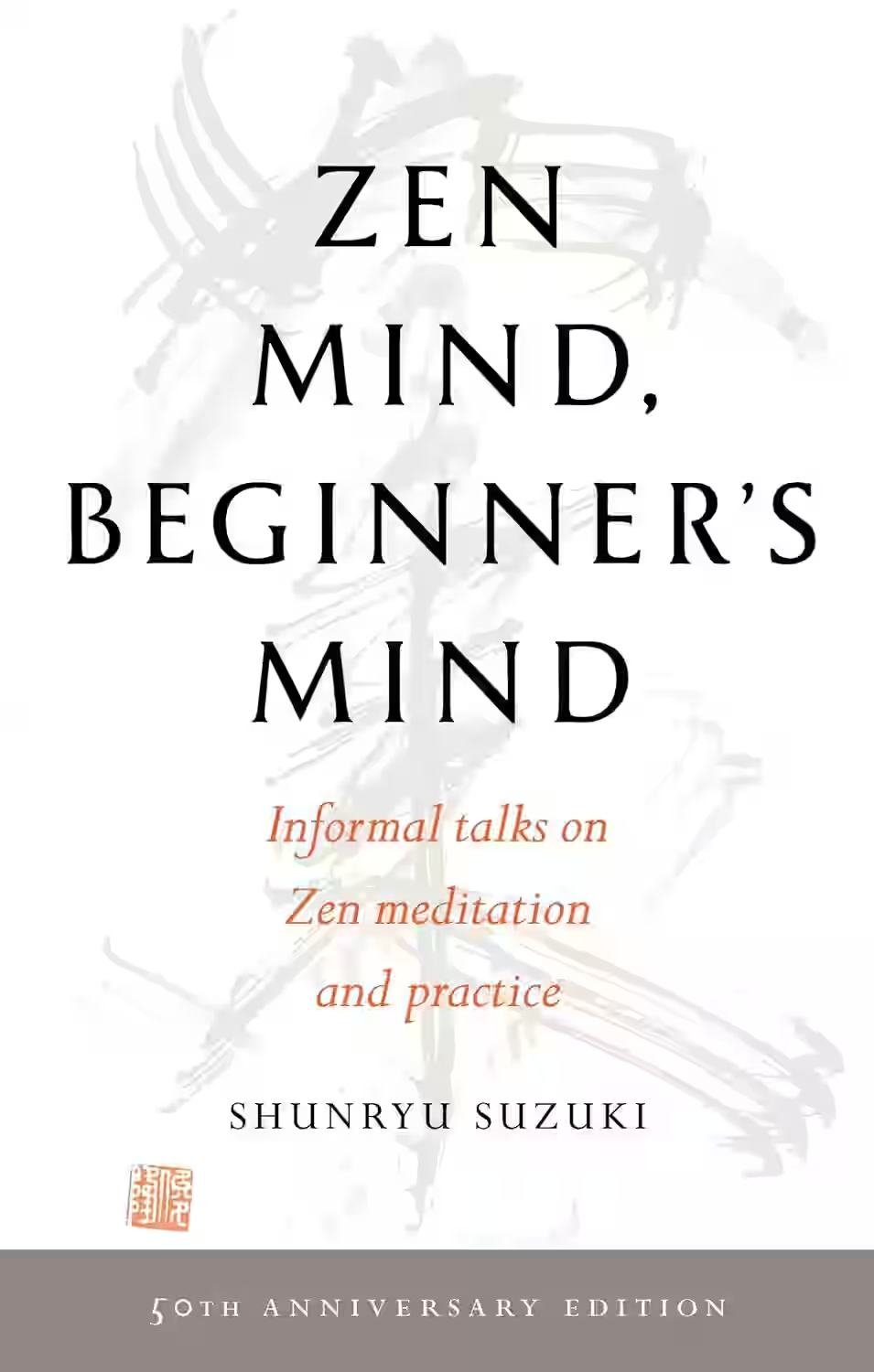
This beloved introduction to Zen philosophy encourages readers to approach life with the openness of a beginner’s mind. Shunryu Suzuki, a Japanese Zen master, emphasizes simplicity, discipline, and non-attachment in meditation and daily living. Through short teachings and anecdotes, he explores concepts like breath awareness, mindfulness, and presence. The book’s core message is that spiritual depth arises not from mastering techniques, but from cultivating curiosity and acceptance in each moment. Revered for its clarity and poetic resonance, it has become a timeless guide for practitioners of Zen and anyone seeking peace, mindfulness, and a return to the present.
About Shunryu Suzuki
Shunryu Suzuki was a Japanese Zen monk and teacher who helped establish Zen Buddhism in the United States. In 1959, he founded the San Francisco Zen Center, which became a cornerstone of American Zen practice. His book Zen Mind, Beginner’s Mind is widely regarded as one of the best introductions to Zen, emphasizing simplicity, presence, and the openness of “beginner’s mind.” Suzuki's teachings combined traditional Soto Zen with an accessible, down-to-earth approach suited for Western students. Revered for his humility, clarity, and gentle wisdom, Suzuki remains one of the most influential figures in the spread of Zen in the West.
Similar Books
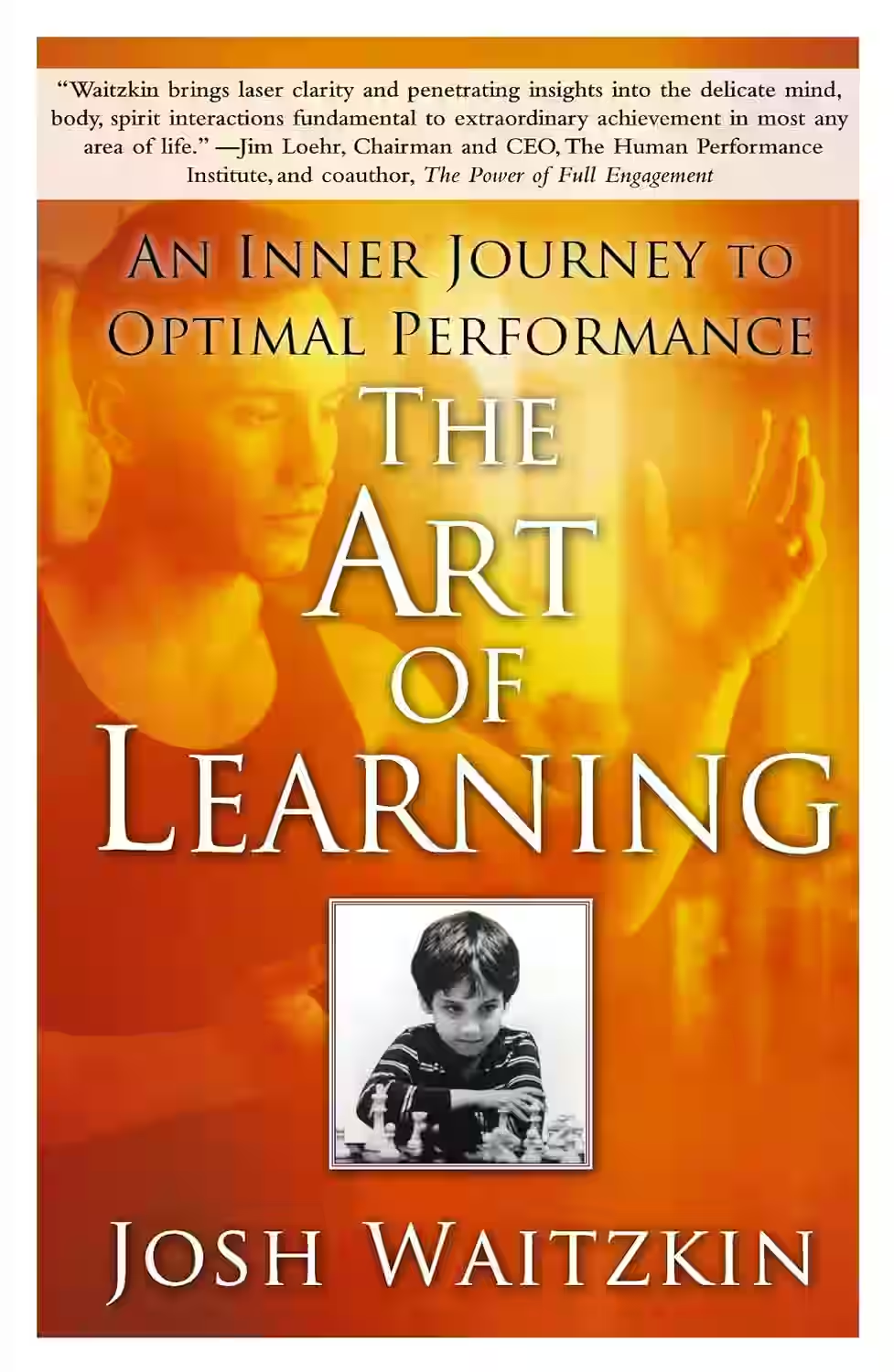
The Art of Learning
In The Art of Learning, chess prodigy and martial arts champion Josh Waitzkin shares his journey of mastering two disciplines to reveal universal principles of performance and personal growth. Blending autobiography with actionable insights, he discusses focus, resilience, and the psychology of peak performance. Waitzkin emphasizes the importance of incremental progress, embracing adversity, and turning setbacks into growth. His philosophy integrates Eastern and Western approaches to learning and competition. Whether applied to sports, business, or creative pursuits, The Art of Learning is a compelling guide to developing mastery through mindfulness, self-awareness, and continuous refinement of one’s process.
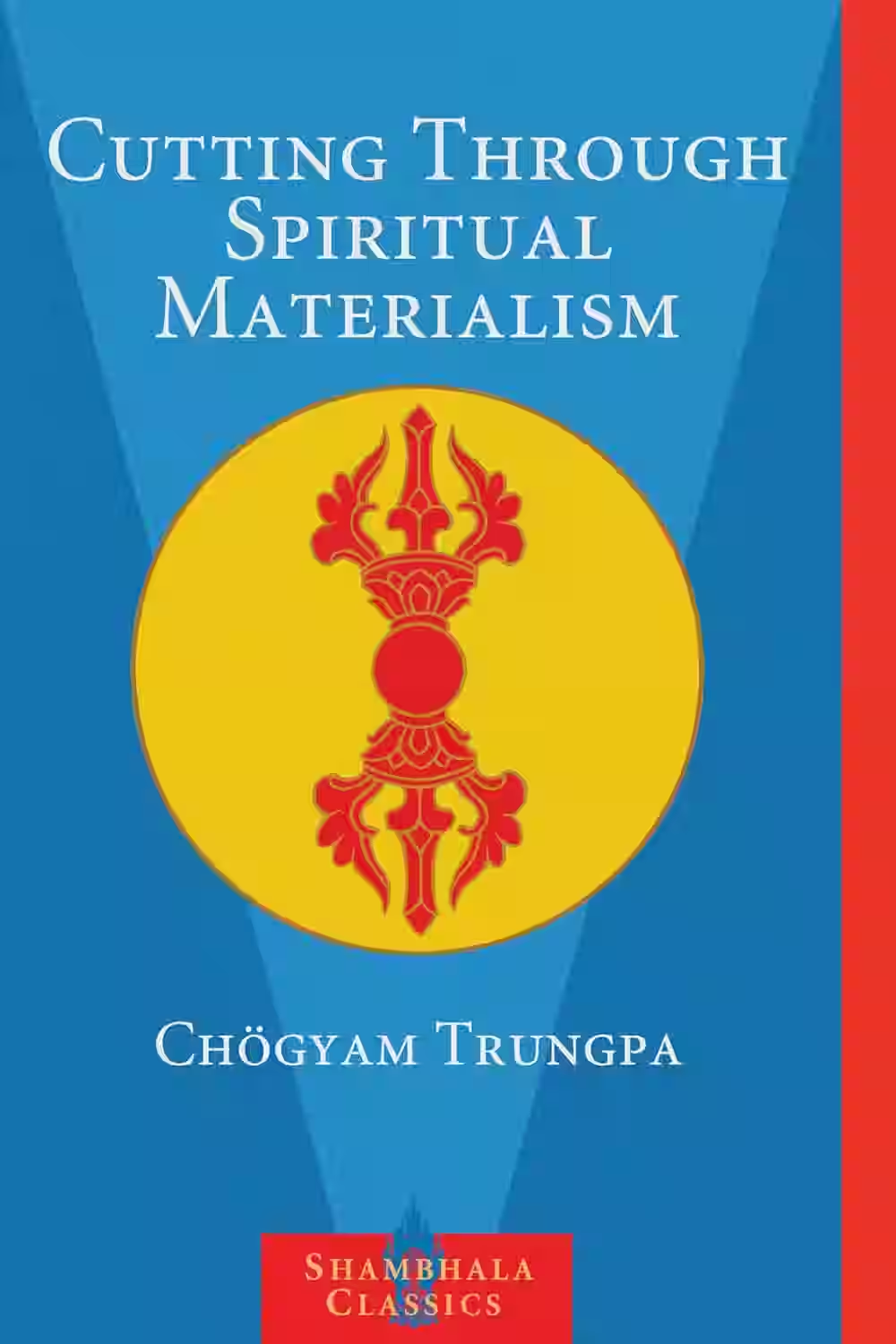
Cutting Through Spiritual Materialism
This powerful guide warns against the ego’s ability to co-opt spiritual practice for self-aggrandizement. Tibetan Buddhist master Chögyam Trungpa explains how spiritual ambition, attachment to progress, and identity-seeking can become obstacles to true awakening. Through practical advice and sharp insight, he exposes the subtle traps of self-deception, urging practitioners toward genuine humility and awareness. Blending Eastern wisdom with Western accessibility, the book encourages letting go of expectations and facing reality directly. It remains a foundational text for those serious about spiritual development and inner transformation, highlighting that the true path is one of openness and surrender.
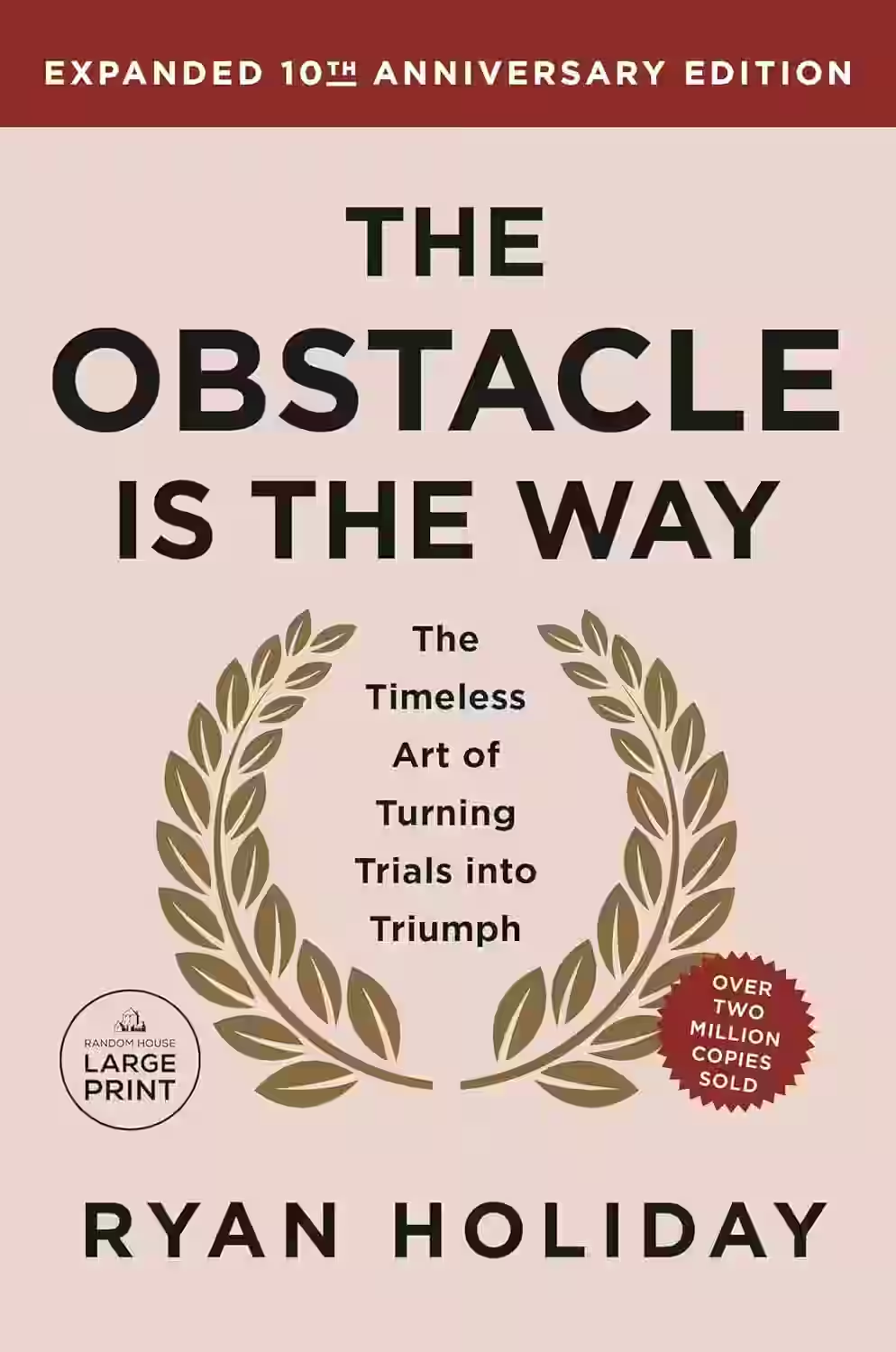
The Obstacle Is the Way
by Ryan Holiday
Based on the principles of Stoic philosophy, The Obstacle Is the Way teaches readers to transform adversity into advantage. Drawing from historical examples—from Marcus Aurelius to modern leaders—Holiday outlines a framework of perception, action, and will. His central idea: challenges are not obstacles to success, but the path itself. Through discipline, patience, and perspective, setbacks become fuel for growth. Written in a clear, concise style, the book is both motivational and practical. It has gained a wide following among athletes, entrepreneurs, and creatives seeking mental resilience and focus in the face of hardship.
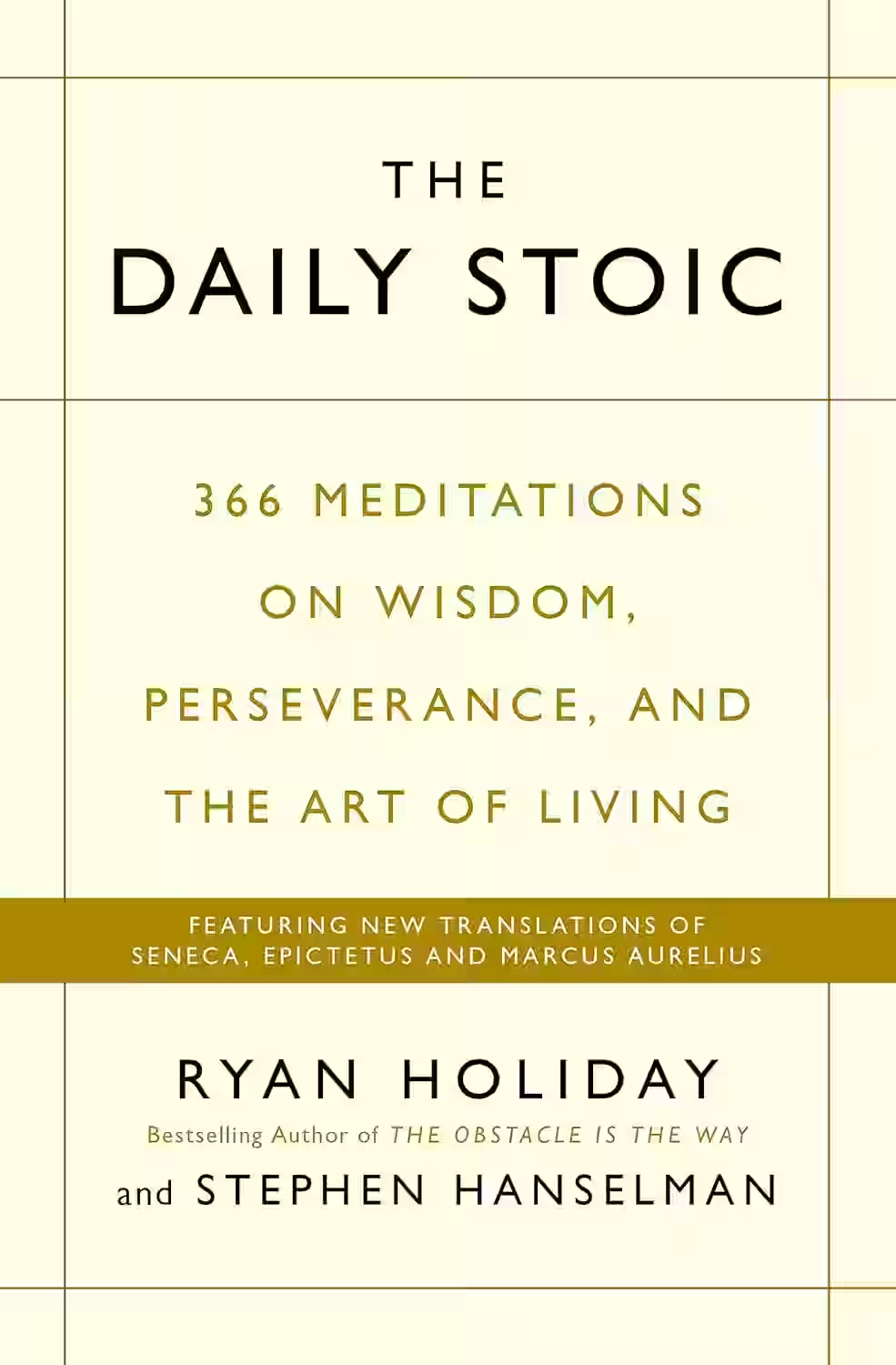
Daily Stoic
by Ryan Holiday
In 'Daily Stoic', Ryan Holiday offers a year-long journey into the wisdom of Stoicism, presenting readers with a daily meditation on topics like perseverance, self-control, and resilience. Each page provides insightful quotes from Stoic philosophers such as Epictetus and Seneca, coupled with Holiday's modern interpretations and actionable advice. The book encourages readers to reflect on timeless principles and apply them to their daily lives, fostering a mindset of clarity and purpose. 'Daily Stoic' serves as a practical guide for personal growth and philosophical introspection, making ancient wisdom accessible and relevant in the contemporary world.